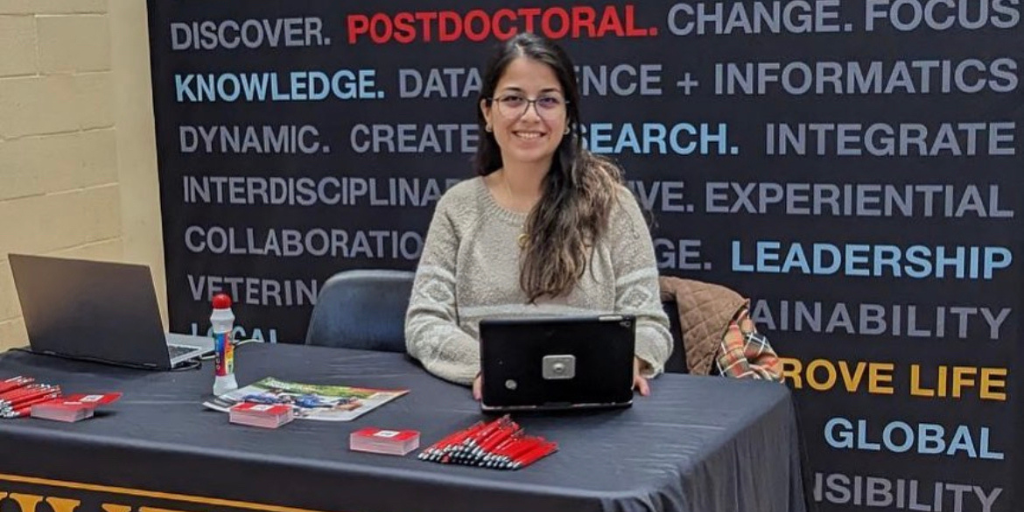A ground-breaking University of Guelph research study funded by Food from Thought has successfully tackled a significant research gap in how models used to study water systems are calibrated in different geographic areas.
The study, conducted by a team of scientists including Drs. Marjan Asgari, Wanhong Yang, John Lindsay, Bryan Tolson, Hui Shao, Yongbo Liu, Rodrigo De Queiroga Miranda and Maryam Mehri Dehnavi, focused on the development of calibration frameworks adaptable to the increasing complexity of hydrologic models. The researchers harnessed the power of parallel computing, which involves dividing the work among multiple computers, and introduced a fault-tolerant, portable, and easily implementable knowledge-sharing parallel calibration approach.
One of the primary challenges in calibrating distributed watershed hydrologic models is the ability to adapt to the growing complexity of these models. Traditionally, this has proven to be a daunting task. However, the study utilized parallel computing as a promising solution to address this gap effectively.
The researchers developed a new method using the Chapel programming language to implement a specific algorithm called the Parallel Dynamically Dimensioned Search (DDS) algorithm.
They adjusted the algorithm to balance exploring and exploiting the model’s possibilities. Their work showed that this method was very efficient, with a significant speed improvement and a high level of parallel efficiency. It also had low communication delays, and the knowledge-sharing aspect of the method helped improve the algorithm’s overall performance.
“The implications of this research are significant for the field of hydrologic modelling,” said Dr. Yang.
“The knowledge-sharing parallel calibration approach provides scientists and researchers with a powerful tool to calibrate complex hydrologic models with improved efficiency and accuracy.”
He said the ability to adapt to the increasing complexity of these models offers new possibilities for better understanding and predicting hydrologic processes.
The researchers emphasize the potential for further exploration and refinement of the approach. They hope their work will inspire additional studies and innovations in calibrating distributed watershed hydrologic models, ultimately advancing our knowledge and capabilities in managing water resources effectively.
The recent publication of this research study in the Environmental Modelling & Software Journal marks a significant milestone in hydrologic modelling. It opens exciting avenues for future research and application. With the knowledge-sharing parallel calibration approach, scientists are now equipped with a powerful tool to unlock the mysteries of our complex hydrologic systems and better prepare for future challenges.


